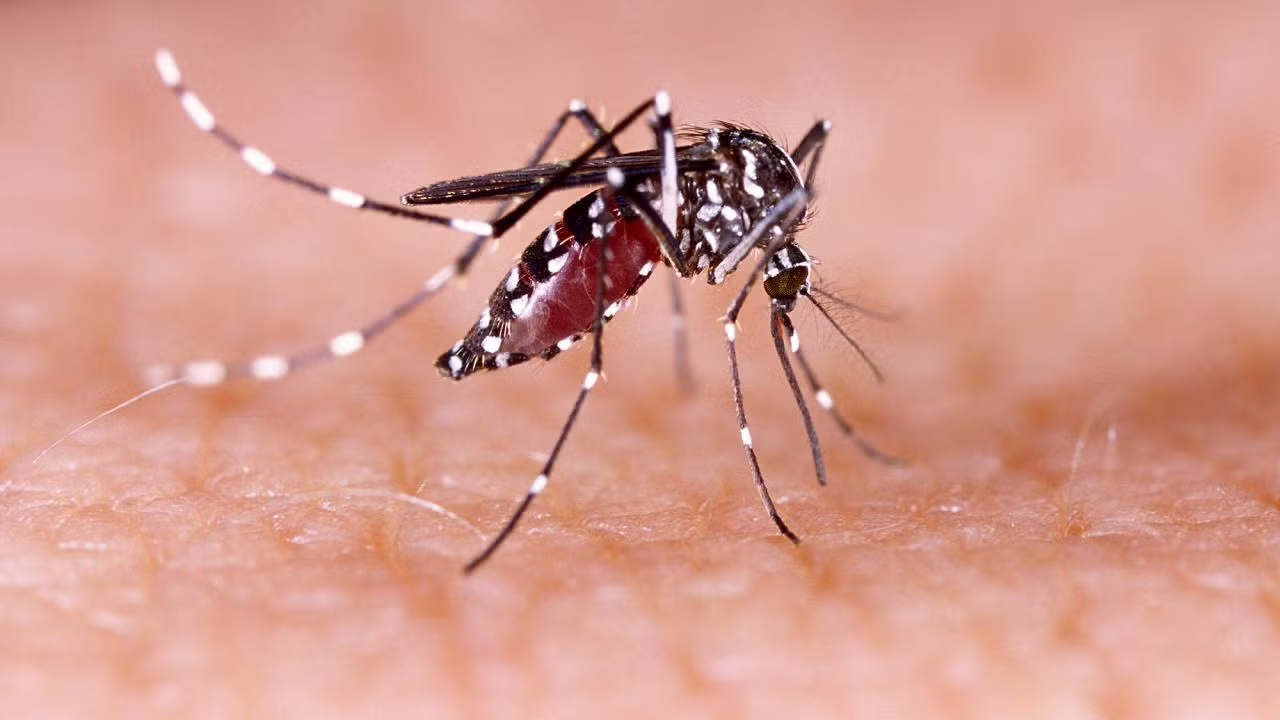
Why Zika Virus Hijacks a Protein Needed for Brain Growth
The mosquito-borne Zika virus is known for causing microcephaly, a birth defect in which abnormal brain development results in a smaller-than-expected head. A new study published Jan. 13 in mBio shows that the Zika virus hijacks a host protein called ANKLE2, which happens to be important for brain development, to assist its own reproduction. Because Zika, unlike most related viruses, can cross the placenta, this can have disastrous consequences in pregnancy.
“It’s a case of Zika being in the wrong place at the wrong time,” said Priya Shah, associate professor in the departments of Microbiology and Molecular Genetics and of Chemical Engineering at the University of California, Davis and senior author on the paper.
Read the full article here.
